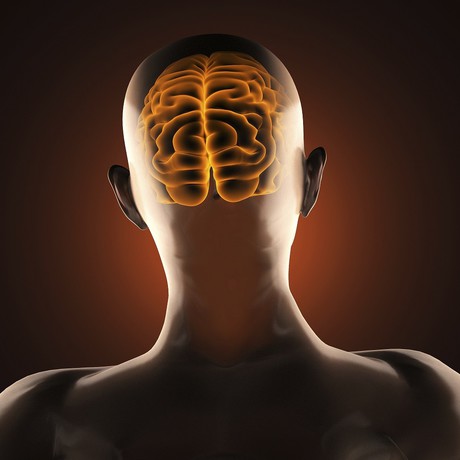Magnetic energy can change your brain — and your ideology

Researchers have used transcranial magnetic stimulation to temporarily shut down a region of the brain — specifically, the region that solves abstract problems addressed by ideology.
Writing in the journal Social Cognitive and Affective Neuroscience, the team revealed that their technique could be used to reduce both belief in God and prejudice towards immigrants.
The researchers, from the University of California, Los Angeles (UCLA) and the University of York, targeted the posterior medial frontal cortex — a part of the brain that is associated with detecting problems and triggering responses that address them. Half of the study participants received a low-level ‘sham’ procedure that did not affect their brains, while half received enough energy to lower activity in the target brain area. All were pre-screened to make sure that they held religious convictions before beginning the experiment.
“People often turn to ideology when they are confronted by problems,” said Dr Keise Izuma, a psychologist from the University of York. “We wanted to find out whether a brain region that is linked with solving concrete problems, like deciding how to move one’s body to overcome an obstacle, is also involved in solving abstract problems addressed by ideology.”
After being asked to think about death, study participants went on to rate their belief in the devil, demons, hell, God, angels and heaven. Despite the screening process, people in whom the targeted brain region was temporarily shut down reported 32.8% less belief in God, angels or heaven — normally comforting religious ideas when faced with death.
Next, participants’ nationalism was tested when they read two essays written by recent immigrants. One essay was extremely complimentary towards the United States, while the other essay was extremely critical.
“We think that hearing criticisms of your group’s values, perhaps especially from a person you perceive as an outsider, is processed as an ideological sort of threat,” explained Dr Izuma.
“One way to respond to such threats is to ‘double down’ on your group values, increasing your investment in them and reacting more negatively to the critic.”
The investigators found that the magnetic stimulation had the greatest effect on reactions to the critical author, with targeted participants found to be 28.5% more positive in their feelings. Dr Izuma said, “When we disrupted the brain region that usually helps detect and respond to threats, we saw a less negative, less ideologically motivated reaction to the critical author and his opinions.”
“These findings are very striking, and consistent with the idea that brain mechanisms that evolved for relatively basic threat-response functions are repurposed to also produce ideological reactions,” concluded lead author Dr Colin Holbrook, from UCLA. “However, more research is needed to understand exactly how and why religious beliefs and ethnocentric attitudes were reduced in this experiment.”
Could this 'PFAS trap' remove the most difficult-to-capture variants from water?
Flinders University scientists have showcased the use of a nano-sized molecular cage that acts as...
What journalists expect from the scientists they speak to
Peer review is often treated as the end of the story, but for journalists it is usually the point...
European Space Agency inaugurates deep space antenna in WA
The ESA has expanded its capability to communicate with scientific, exploration and space safety...



